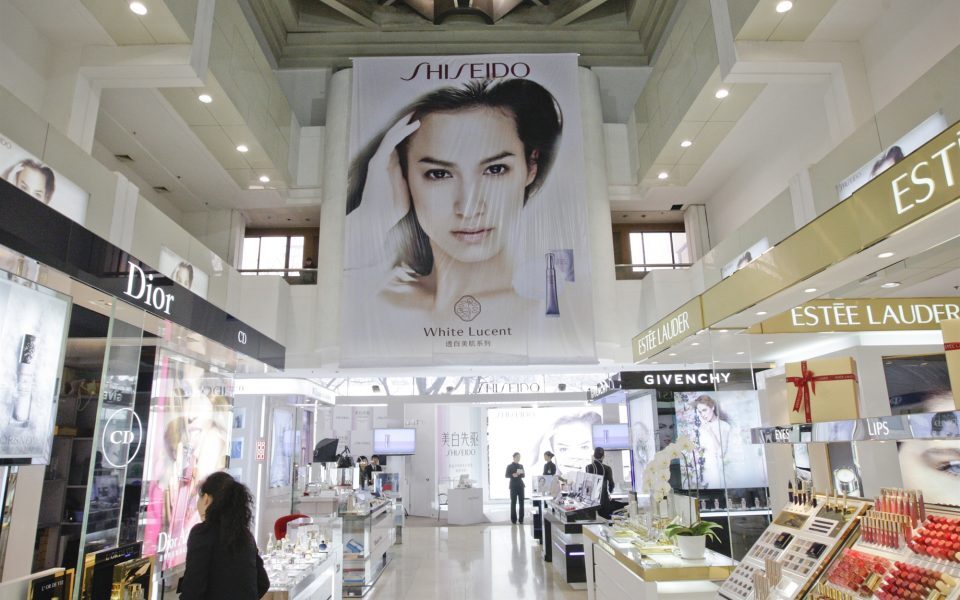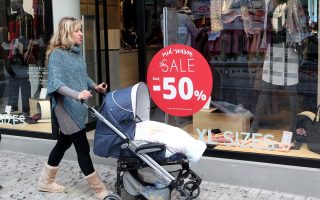Greeks cut back on cosmetics, clothing
Inflation changing consumer habits, with survey showing that one in two only buy essentials

With prices soaring, Greek consumers are cutting back on non-essential products, such as cosmetics and fashion items.
People are reducing spending because of shrinking real incomes due to inflation and especially the increase in energy costs, which is also having an impact on businesses, such as cosmetics companies, some of which had already posted a drop in sales in the first five months of 2022.
Moreover, given that Greek households have already been impacted by the 10-year financial crisis, the impact of price hikes in Greece compared to other nations is more obvious.
Significantly, a recent survey by EY consulting services titled “EY Future Consumer Index Greece 2022” showed that the trend toward reducing purchases of specific products has strengthened, with 70% of participants saying they spend less money on non-essential products, compared to 60% in 2021.
Compared to other countries, this percentage is significantly higher than both the global (47%) and the European (40%) samples of the survey. In Spain and Italy, two countries that have also experienced financial problems, the percentages are 47% and 49% respectively.
In fact, compared to 43% last year, one in two now only buy necessities, and 55% say they spend more time at home today than they did before the outbreak of the pandemic. The Panhellenic Association of Cosmetics and Perfumes Manufacturers and Distributors estimates that the domestic cosmetics market will grow this year, but they also note that the main challenges for businesses in the sector are the rising cost of raw materials and the increase in energy costs, which will also be reflected in cosmetics prices.
The geopolitical instability brought on by the conflict in Ukraine raises additional questions regarding the price hikes for imported cosmetics and the supply chain disruptions. Industry executives observe that as time passes, the consequences of inflation become more pronounced, with customers increasingly opting for private label cosmetic products and limiting their purchases of more expensive goods. Some businesses that offer well-known cosmetic brands have begun to see this trend mirrored in their sales.
Indicatively, the Greek subsidiary of multinational cosmetics giant Estee Lauder is estimated to have recorded a 15% loss in sales in the first five months of 2022 (to May) compared to the same period in 2021.





